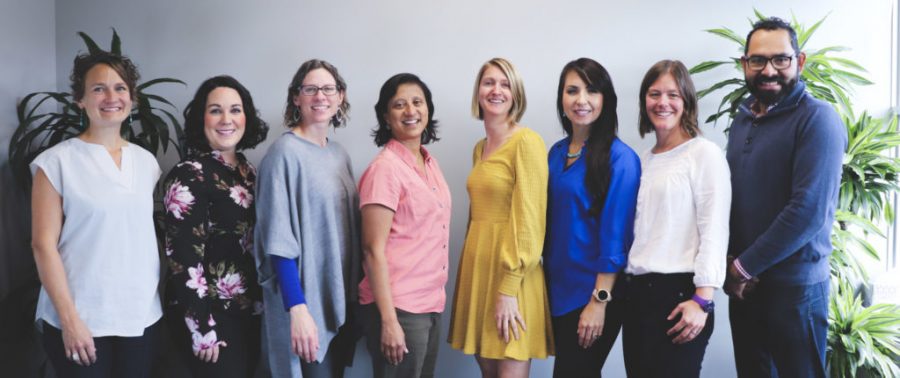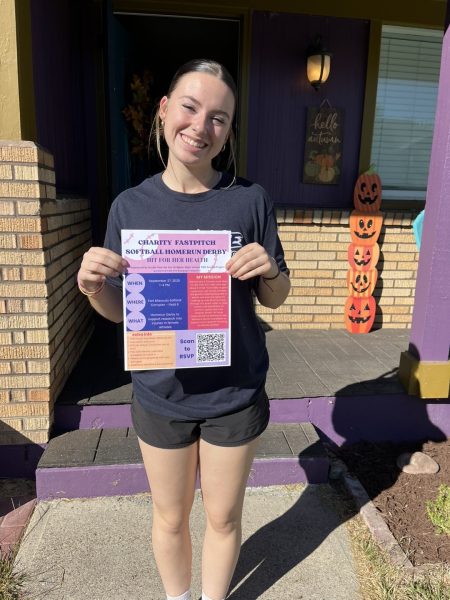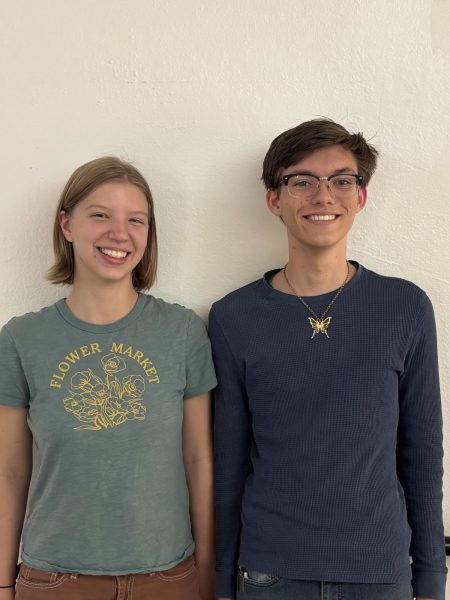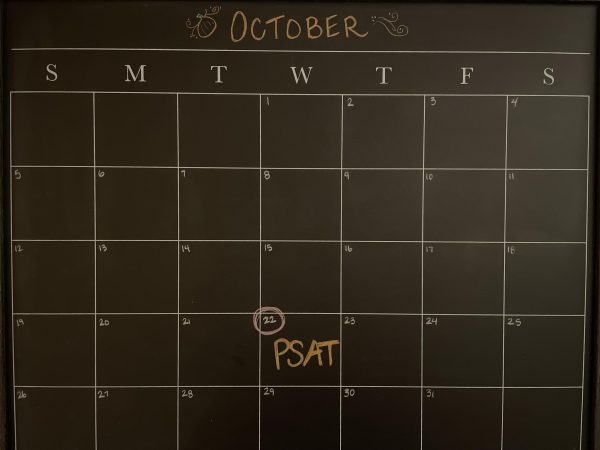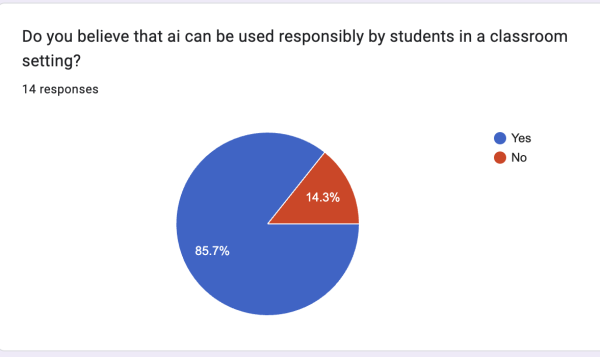Local Health Foundation Provides Extra Support For Montana To React To COVID-19
As Montana comes together to fight the COVID-19 pandemic, foundations are playing important roles behind the scenes. Headwaters Foundation, a health conversion foundation based in Missoula, has added an additional layer to their work to support communities during this crisis.
Headwaters Foundation was created in 2016 after Community Hospital in Missoula sold for $65 million. In 2018, they began awarding grants to nonprofits and government entities around western Montana. Their aim is to build a healthy and thriving Montana by improving the health and wellbeing of underserved Montanans through addressing underlying issues upstream.
The foundation focuses on strategically granting money to promote long term change in Montana. Erin Switalski, the program director at Headwaters, said, “We address social determinants of health, which means we look at social and economic factors that affect health. That includes whether someone has safe and stable housing, a stable job, access to healthcare, food to eat, a healthy and enriching home environment for kids, even access to transportation. Currently, our two largest initiatives are focused on building resilience for kids in their youngest years (0-5), and American Indian wellbeing.”
However, the COVID-19 pandemic has forced Headwaters to temporarily shift their focus to helping people, now. Switalski said, “The bulk of our work is focused on building long-term solutions that will fundamentally shift the conditions that create these problems. In a time of crisis, it’s difficult to think much beyond the next week, particularly in a pandemic where so much is unknown about what the future will look like in the next year. Our communities are struggling with the balance of addressing the immediate need, while also wanting to stay future-focused.”
The foundation staff has been working overtime to deliver on their promised grants and projects, while also taking on additional work to support the urgent needs of nonprofits that are struggling.
The foundation funds nonprofits because of IRS rules – they’re only allowed to fund 501c3’s and government entities. Headwaters CEO Brenda Solorzano said, “People are hurting on a personal and individual level… We just can’t give grants to, you know, the person who just lost their job. And so how do you help those people? We can’t, so our way is to go through nonprofits.”
Like all organizations, nonprofits have been struggling during this crisis. “With everybody sheltering in place, there has been significant impact on the resources available to nonprofits… Many nonprofits in the spring hold their big fundraisers, and they’re not able to because everything is closed down due to social distancing. So they’re not bringing in those resources that they would in the spring. A lot of people have lost their jobs as a result of what’s happened, and a lot of nonprofits that provide these services on the ground are being stretched very thin for the increase in demand for services. Nonprofits are also having to shift from models they operated where people would go and get services, receive things that they needed, and they’ve had to change their models,” said Solorzano.
“I worry most about our partner organizations, who serve the most vulnerable people in the state and how they are adapting to this new normal. They have had to suddenly close their offices and purchase technology to meet an increased demand in services, with so much uncertainty about the future,” said Switalski.
To additionally support their grantees during this challenging time, the foundation purchased them all Zoom accounts. “The other thing that we have done is recognize that many nonprofits aren’t set up to work remotely or to communicate through technology, so we have provided some resources for them to buy Zoom accounts, for example, so they are able to connect with each other, with their staff,” said Solorzano.
Back in March, anticipating how important extra funding would be in this time of crisis, the Headwaters staff took a proposal to their Board of Trustees. The Board approved an allocation of an extra $450,000 to address the COVID-19 pandemic, in addition to the roughly $5 million dollars Headwaters was already planning to give out in 2020. The $450,000 was earmarked specifically to address food security and emergency childcare, as well as expansion of the foundation’s GO! Grants program.
“We have seen a huge increase in the need for food. The food security funding will support local food banks across our 15 counties, as well as the statewide networks that support them. The emergency childcare funding will support emergency task force teams in several communities, where they will be positioned to use the funding to support local providers and parents with costs. Additionally, we have re-directed funding within our American Indian program to also support food security on the Flathead Indian Reservation, where the need has exploded,” said Switalski.
Solorzano gave some examples of how she is hoping the foundation can help. “As people have lost their jobs, and as more and more people are not able to go to the grocery store, the demands on food banks and food pantries have gone through the roof,” she said.
“That’s creating huge pressure on all these food programs. So we have in the past given a few small grants to some food programs in the more rural parts of our state, and now we’ve said, ‘Actually, we need to make sure people have access to food.’ Because if you don’t have food, you can’t live. So we’re providing resources to several food banks in our region for them to be able to expand and address the needs that they’re seeing.”
The other aspect they are prioritizing is early childhood. This was important for the foundation because it was already one of their strategic initiatives. “On the early childcare front, it has become very clear that what are labeled essential workers – so health care workers, grocery store workers – are essential and need to continue to go to their jobs. Meanwhile, the schools are closed, and so a lot of their young kids have to stay at home during this time period,” said Solorzano.
“This funding will allow us to support those efforts that create childcare spots for those essential workers that have to keep us fed and protected. It’s the same group of people that we have been working with in the early childhood space, but now we’re giving them resources to tackle this new issue. And it was a big pivot, from what maybe they were doing, to what they need to do, but it’s all within the context of early childhood.”
This extra funding didn’t come without risks. As the stock market reacts to the COVID-19 crisis, Headwaters’ endowment has been shrinking. When the hospital sold, the foundation started with $65 million dollars. At the high point, just a couple months ago, the endowment stood at $101 million dollars. As a result of the economic impact from the COVID-19 pandemic, where the market lost between 15 and 18 percent of its overall value, Headwaters watched its endowment shrink to a little over 80 million.
“That may go down more, or it may go up more, it all depends on the market… But the amount of money that we’re going to have to give out in future years is going to be much smaller than what we had projected prior to this situation impacting us. So we’re having to think about how we do more with less, basically. And what hard choices are we going to have to make about what we’re going to continue to fund and what maybe we just aren’t able to fund,” said Solorzano.
However, Headwaters Foundation has been impacted by the pandemic in multiple ways. To follow social distancing protocols, the staff has been working from home since March 16th. It’s been difficult to run the organization completely virtually, and the learning curve has been steep.
“Collaboration is a core component of our community-based initiatives. Folks are figuring out ways to stay in touch, but the level of trust built through in-person meetings can’t be replaced by video meetings, especially when you are working to build new relationships,” said Switalski.
Headwaters has been trying to find a balance to support the staff while also supporting the communities they serve. As CEO, Solorzano has a lot of questions. “How do you run an organization virtually? How do you ensure that everybody has the technology and the workspace and the ability to juggle being at home? If you have kids, you gotta juggle your kids, and if you have parents you gotta juggle your parents. And you may not have enough broadband, and you may not have all the things that you normally would have in an office setting, and yet the expectation is that you still work at the level that you would when you’re in an office,” she said.
Though it hasn’t been easy, Headwaters believes in the work and their ability to be changemakers. Solorzano said, “You’ve got normal job stress, then you’ve got more job stress because you’re working through this experience that none of us have ever lived through in our lifetime. And then you’ve got the individual stress of how do I keep myself and my family healthy during this situation. So those aren’t ideal situations to work under, and yet, we have to do it. The communities that we serve are depending on us continuing to be able to do the work we’re doing.”

Just a girl who fell in love with journalism and never looked back. This is my third year with the Lance and my second year as Co-Editor. I also play soccer...

